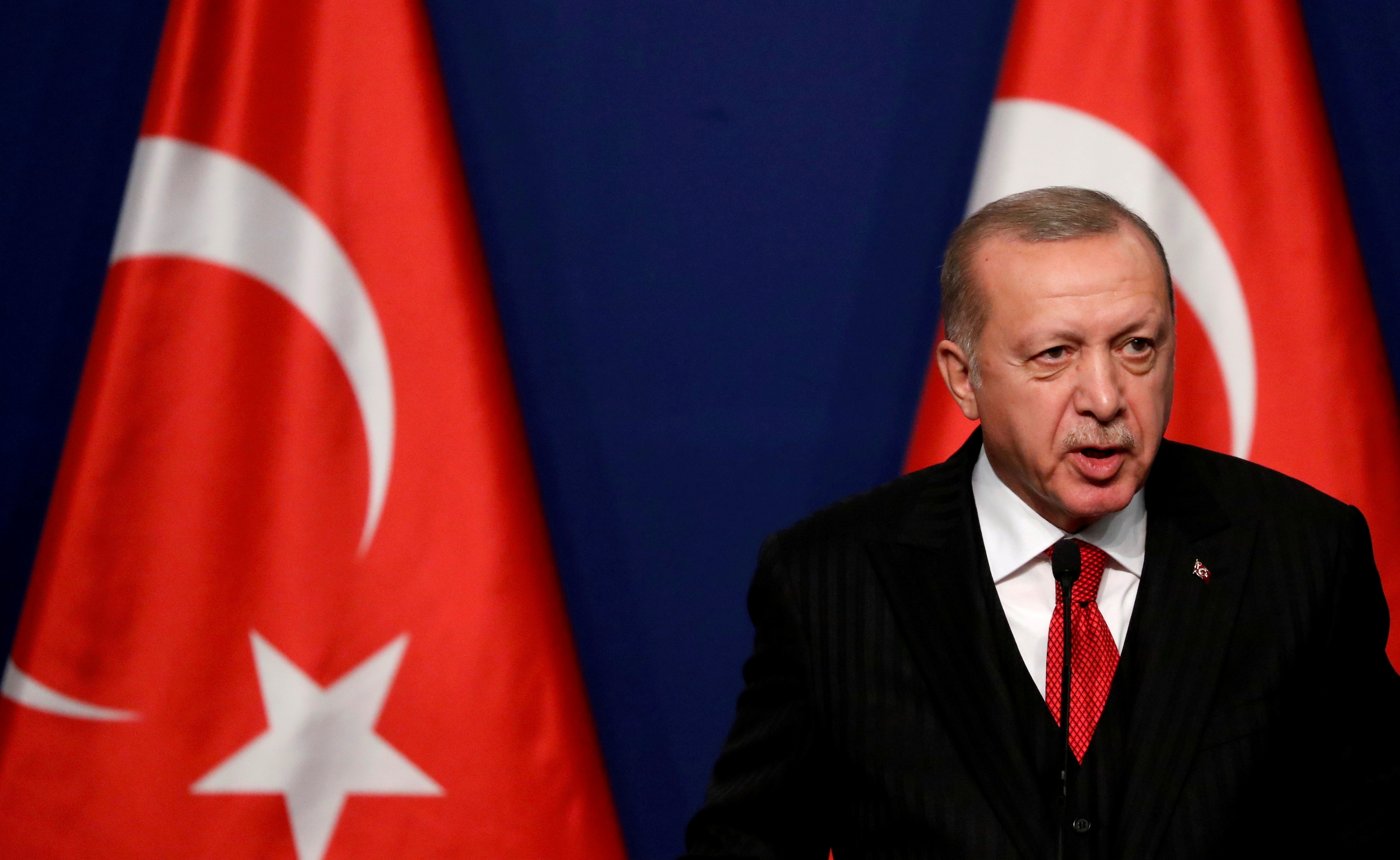Congress was told by the State Department on Friday that it has authorized the $23 billion sale of F-16 airplanes and associated equipment to Turkey.
This comes after months of delays when Turkish President Recep Tayyip Erdogan finally supported Sweden’s NATO membership application.
It followed a decision by the Turkish parliament on Tuesday in support of Sweden’s membership in the military alliance, which removed one of the final barriers to a significant NATO expansion brought on by Russia’s conflict in Ukraine.
In discussions that carried on for more than a year, Turkey, a NATO member, turned the sale of US fighter planes into a primary point of contention. Among other things, Ankara objected to what it claimed was Sweden’s backing for groups it deems terrorist enterprises.
Withdrawal of objections leads to F-16 jets deployment in Turkey
Erdogan withdrew his public objections to Sweden joining NATO during the summer, and the Biden administration announced that it would proceed with the F-16 deployment to Turkey.

According to a Defense Security Cooperation Agency statement released on Friday, “by improving the air capabilities and interoperability” of NATO partner Turkey, the proposed sale serves U.S. foreign policy aims. Congress is given thirty days from the date of formal notification to voice objections.
Turkey, a NATO partner, had long wished to modernize its F-16 force and had stipulated that ratifying Sweden’s membership would depend on the sale of the new aircraft being approved. The deal had been approved by the Biden administration, but a number of congressmen had voiced their disapproval because of human rights issues.
These concerns have already been overruled, according to authorities. These objections came from the ranking member and chairman of the Senate Foreign Relations Committee, Sens. Jim Risch, R-Idaho, and Ben Cardin, D-Md.
By formally joining last year, Finland increased the length of NATO’s land border with Russia. NATO’s capabilities would be strengthened by Sweden joining the Western alliance, as well as its standing in the Baltic Sea and the Arctic.
Will this transaction lead to any improvements?
The transaction will improve Turkey’s current F-16 force reduce a point of contention between Washington and Ankara. The United States’ approach in Syria and Turkey’s choice to buy an air defense system manufactured in Russia have soured relations in recent years.
Additionally, the State Department informed Congress on Friday that it had authorized the transfer of F-35 fighter fighters to Greece, a longstanding adversary of Turkey. Lawmakers in the United States have connected the two transactions, arguing that both should happen in order to maintain a military balance in the Eastern Mediterranean.

NATO members Turkey and Hungary’s lack of support caused Sweden’s admission process to halt. With Erdogan’s approval, Hungary is the final holdout. There, officials have already given indications that they will eventually back down.
Earlier this week, Swedish Prime Minister Carl Bildt announced that he had extended an invitation to visit Hungary in order to “negotiate on Sweden’s NATO accession.”
In a statement on Friday, Senate Foreign Relations Committee Chairman Sen. Ben Cardin (D-Md.) denounced what he called “Hungarian obstruction of Sweden’s path forward to NATO” and praised Turkey’s approval.
Cardin stated that it “was not a decision I came to lightly” and that “my approval of Turkey’s request to purchase F-16 aircrafts has been contingent on Turkish approval of Sweden’s NATO membership.”











